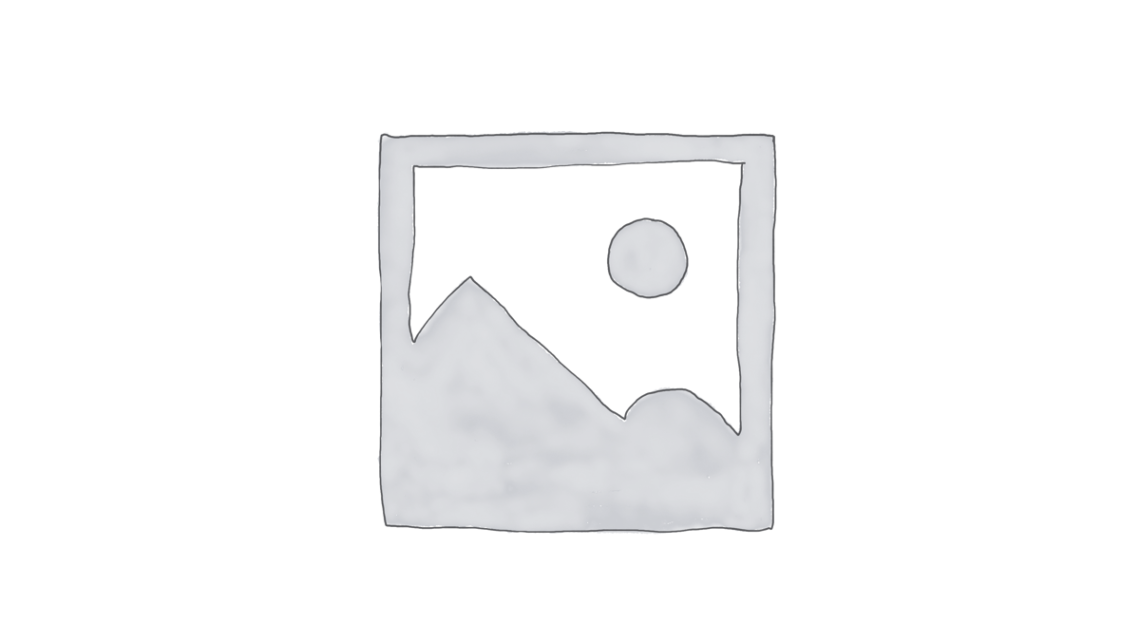
Arts Live in Edinburgh
Edinburgh sends out a direct call, comes the summer. Creative people who can afford it twist and turn until their diary clears a few days to attend what has become the biggest festival in the world. I am slightly suspicious of this tendency to claim credit as the biggest in all things… Is it due to the fact that this land is after all an island? As an islander myself, I should know about the need to be noticed by the big fat continents. But, north of the British Isles, the Edinburg Festival is big enough for everyone’s contentment.
Many continents are represented as usual at the 2011 edition of the festival. From the 5th to the 29th August, Scotland smiles to the wildest ideas and welcomes innovation under various forms. Film, books, opera, debates are all there to feed hungry minds. The heavy multicoloured catalogue of the Fringe boasts another amazing menu: comedy, children’s shows, music, and dance and, of course, theatre. How could I be in England and fail to find my way to this Mecca of the arts? I just about managed to attend, days before the mirage vanishes and everyone packs his (or her) dreams and heads back to California, Ukraine or Zimbabwe.
Let me tell you about two shows that Edinburgh served on my plate. One from the Fringe, small productions on string budgets staged with the heart. The title is ‘The Investigation’ at the Zoo Southside, not far from my hotel on Nicolson Street. The play is written by Peter Weiss and it bears on a theme which normally does not appeal to me. Credit goes to the performers, a company of 9 young talents calling themselves 3Bugs Fringe Theatre. In about an hour, they manage to deliver the most compelling account of life and death in a Nazi camp, through a gripping representation of testimonies from the survivors of the holocaust. The action takes place in a West German court. In a constant flow of movements, choreographed to hold the attention in a corporal collective interpretation, a clear statement emerges. Drama permeates everything, the courtroom, 20th century European concentration camp, the reliving of the horror before our eyes in 21st century. I could not help link the horror depicted with the everyday scenes from the current news on TV. Bob Dylan wrote these damning lines: When will we ever learn?
At the Royal Lyceum Theatre, I saw One Thousand and One nights, part one. I could not see the full six hours offered in two parts by a company formed by performers from all over the Middle East. What better saga to tell than Alf Layla wa-layla, in an adaptation of Hanan al-Shaykh? The production is pure theatre, rightly signed by a director, Tim Supple. Packed in the Italian theatre that reminds me of the Theatre of Port-Louis, a fascinated audience is literally transported on a red magic carpet. The stage is bare, a la Peter Brook. Performers come from Syria, Lebanon, Algeria, Morocco, Egypt, more than one having transited by Paris. Then, three languages are used for the most authentic narrative in Arabic, English and French. In a never-ending ageless story flowing like a muslin veil in the desert wind, a succession of tales spiced with sex, violence and eternal wisdoms. The company under an inspired director has the additional merit of reminding the world that, behind the obsessive cliché of the news from the past decade, science, written language and culture evolved under the high temperatures of Iraq, Damascus and Alexandria. The vigour and freedom of the women and the men in their corporal story-telling are extreme bordering on the shocking. But they do overflow with life and fresh relevance from each tale, with truths and emotions for another thousand and one nights.
Secretly, as I walk back to my hotel room, I just have one source of regret and one cheering thought. Did we make a mistake in 2004, when we chose to create a play in Avignon instead of Edinburgh? To compensate, in both ‘The Investigation’ and ‘One Thousand and One Nights’, the bare stage and the style of performance used are felt as a real comfort in my directing work over the decades. The striking features from the Royal Lyceum production remain the approach chosen by Tim Supple: the cast deliberately chosen from multiple nationalities from a sub-region and the recourse to more than one language add layers of meaning so the tales may reach out to the complex world we live in.
In the silent of the night, totally incognito, I enjoy a pint of cold Scottish beer watching the younger generations buzzing with this essential creative spirit.
Daniel Labonne
Scotland, 8th September 2011.